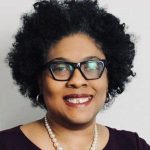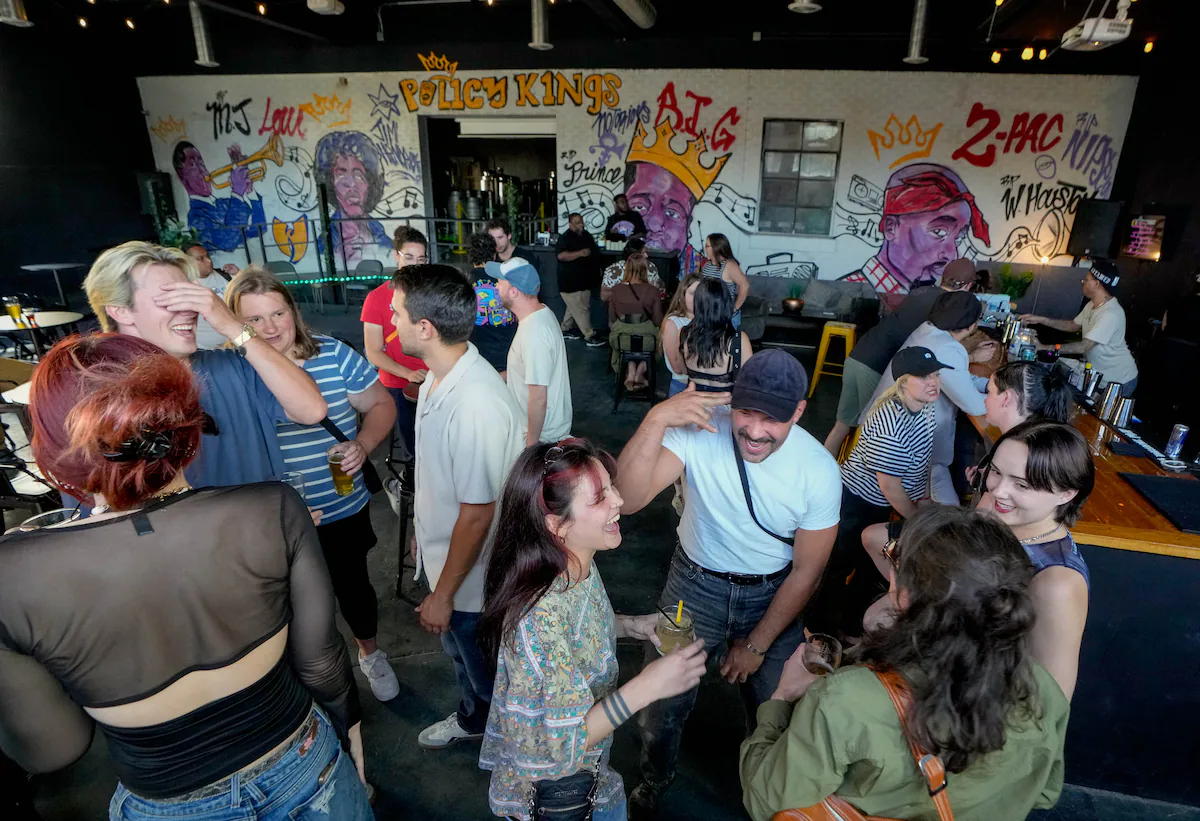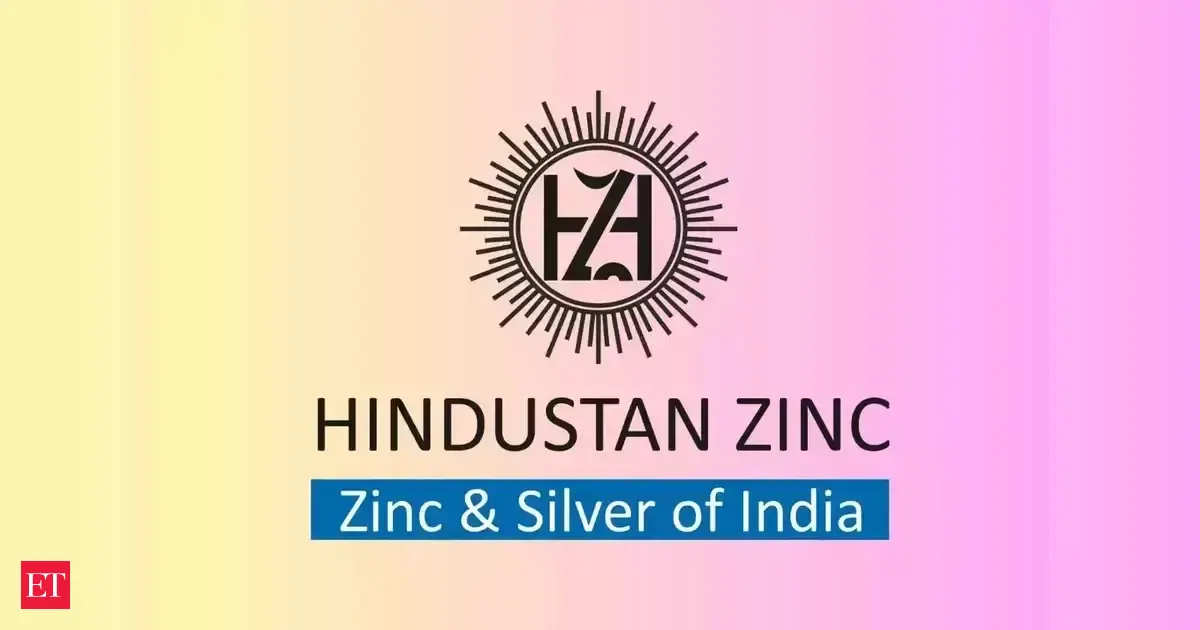By KNEWS
Copyright kaieteurnewsonline

Beyond Knowledge: Why Technology + Expertise Defines the 21st Century Professional
Sep 21, 2025
News
By Karen Abrams, MBA, AA, Doctoral Candidate
Kaieteur News – Last Thursday, I had the privilege of addressing students of the University of Guyana’s Faculty of Social Sciences at their freshman orientation. Standing before them, I was as inspired as I hoped they were. The experience made me reflect not only on the journey they are about to begin, but also on the guidance I share with my own children and with the young people of STEMGuyana as they navigate high school, college, and internships and as they step into the professional world for the first time. That advice, I believe, is important enough to share more widely.
My own path has taken me from Howard University and California State University, where I earned degrees in business, then into corporate America, some time in entrepreneurship, and now into nonprofit and public service alongside an academic foray into education. Through every stage, technology has been a constant presence.
Today, I am a doctoral candidate at the University of Florida where I am researching the effects of artificial intelligence interventions on engagement and academic outcomes for vulnerable Guyanese students. It is my belief that technology, used thoughtfully, can shape stronger futures for our young people, regardless of their socioeconomic background, but it is important to gather empirical evidence to support or discredit such beliefs.
Guyana’s students are beginning their tertiary studies at a remarkable moment in our nation’s history. Oil revenues, a return to free education, a rapidly expanding economy, and unprecedented global attention are reshaping our landscape. This country urgently needs professionals in every field; law, economics, sociology, international relations, health sciences, and more, who can help guide the nation’s development in ways that will benefit all citizens.
The world is also witnessing how artificial intelligence is transforming industries at an astonishing pace. The World Economic Forum projects that 41% of companies expect to reduce workforces over the next five years because of automation, even as new jobs emerge in technology-augmented fields (World Economic Forum, 2023). For Guyanese students, this means that to be effective and competitive, at home and globally, they must complement their academic focus with technology skills.
Studies consistently show that disciplinary expertise combined with digital and technological skills creates a powerful advantage in today’s workforce. The World Economic Forum (2023) notes that demand is shifting toward “hybrid skills”, where domain knowledge (your major) is coupled with digital fluency and adaptability. Workers who integrate their subject expertise with emerging technologies such as AI, data analytics, and automation are more likely to be recognized for innovation and leadership within organizations.
Educational researchers have also emphasized the need for “T-shaped professionals,” individuals with deep expertise in one area but broad technological and collaborative skills across disciplines (Demirkan & Spohrer, 2018). These professionals are highly valued because they not only master their own field but also know how to apply technology to solve complex, real-world problems.
The National Research Council (2012) argued that 21st-century skills extend beyond content knowledge, requiring learners to develop transferable abilities such as problem-solving, collaboration, and digital literacy to add value in professional and civic life. Similarly, UNESCO’s 2021 report on the ‘Futures of education’ highlights the integration of technology with domain expertise as central to preparing globally competitive citizens who can both innovate and adapt.
In short, the research makes clear; deep knowledge remains essential, but without the ability to leverage technology, its impact is limited. Those who can bridge the two are the ones organizations recognize as transformational contributors.
Imagine a sociology student here using AI to analyze how oil wealth is changing migration patterns into Georgetown, or an economist building models to forecast how fluctuations in oil prices affect food costs and transportation. A law student could master digital forensics to fight cybercrime and corruption tied to oil revenues. A health science student might track respiratory illnesses in mining regions using predictive analytics. An environmental scientist could use drones and GIS tools to monitor deforestation and coastal erosion, just as their counterparts in Brazil and Costa Rica do. These are not futuristic scenarios. They are opportunities already within reach for students willing to marry their disciplines with technology.
My advice to the first year UG students was simple; start small, dedicate a few hours each week to learning tools like Replit, ChatGPT, or open-source AI platforms.
Experiment, prototype, and build skills; the goal is not to necessarily discover something revolutionary overnight, the goal is to build habits of inquiry and problem-solving. Employers everywhere are looking not just for those who can execute instructions, but for those who can think critically, adapt, and innovate.
Of course, technical skills alone will not make anyone successful. The ability to communicate clearly, collaborate, demonstrate empathy, and adapt to change remains just as essential. These “soft skills” are the qualities that make people stand out in workplaces and communities alike. They cannot be replaced by algorithms or automation. As I reminded students, anyone can wear AI-powered glasses and access vast amounts of information, but wisdom, compassion, and teamwork are what make leaders.
I also urged them to seek experience early. Volunteer, intern, join organizations, and contribute meaningfully. Even unpaid opportunities can sharpen skills, expand networks, and build reputations for excellence. Too often young people dismiss internships as simply an opportunity to create a check mark on their list of experiences, but real growth happens when they approach every opportunity as a chance to learn, improve processes, and solve problems.
Equally important, I stressed the value of relationships. People may forget your exact words, but they will remember how you made them feel. The classmates UG students meet today may be their collaborators, employers, or partners tomorrow. Building circles of trust, respect, and shared purpose will pay dividends in ways that last a lifetime.
Finally, I shared with them something of which I remind my own children; you are not in a race, you are already enough. Setbacks will come, but they do not define you. Keep moving forward, be the kind of person you want in your life, and you will attract those very qualities back to yourself.
Speaking to the students of the University of Guyana filled me with hope. Guyana is waiting for their brilliance. The world is waiting for their contributions. And for all of us, whether students or seasoned professionals, the message is the same; take pride in your field, embrace technology as a partner, hone your soft skills, and never forget that you belong here.
Karen Abrams, knowledge, STEMGuyana, Technology Expertise



